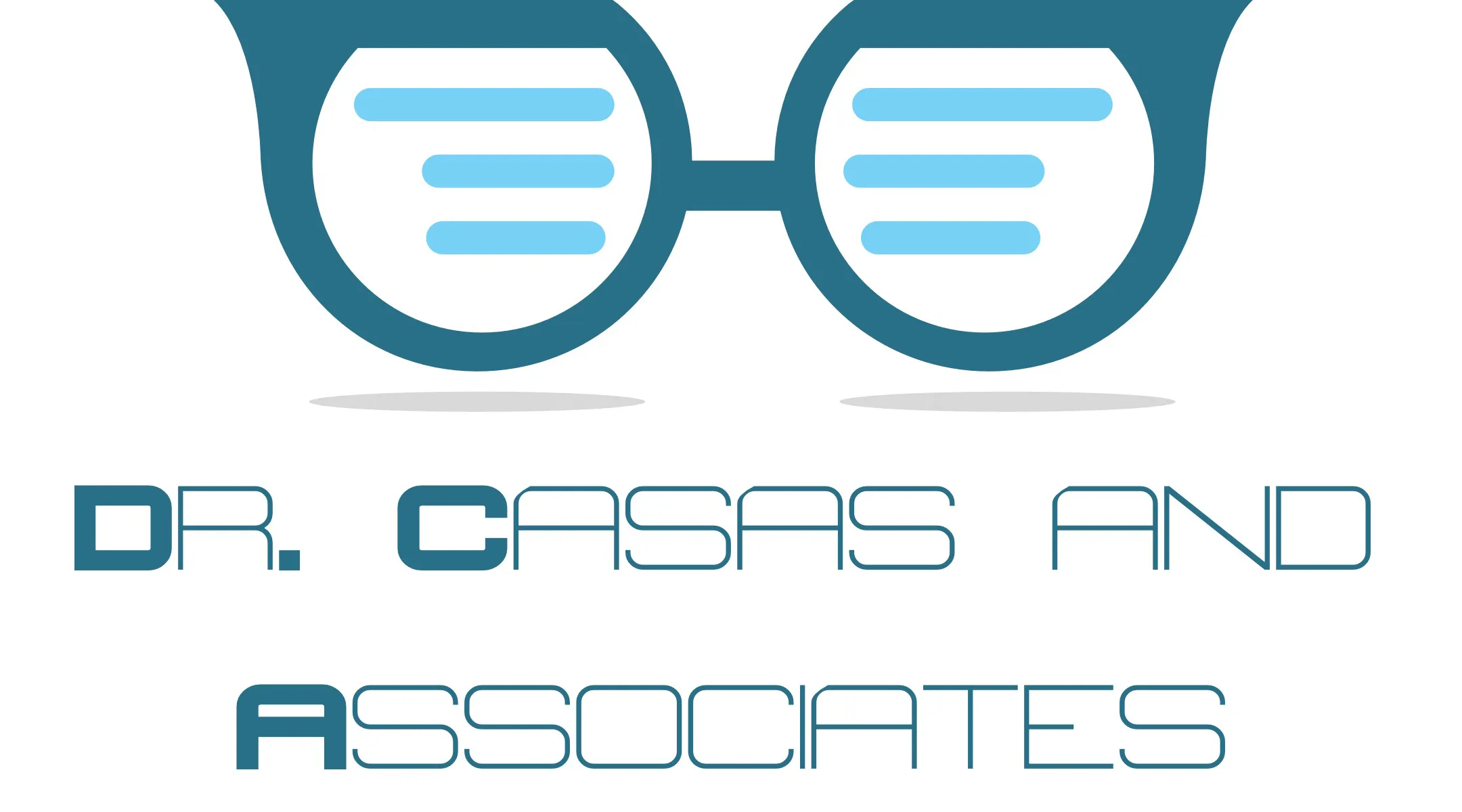
How Your Family History Affects Your Vision
You may have inherited more than your hair color and height from your parents. The tendency to develop nearsightedness, glaucoma, lazy eye, and other conditions can also be passed from generation to generation.
Exploring the Way Inheritance Affects Your Eyes
Eye diseases can be passed on through recessive, dominant, or X-linked inheritance. Both parents must pass along copies of a faulty gene if a disease is inherited through recessive inheritance, while only one parent must carry the gene in dominant inheritance. In X-linked inheritance, diseases are passed from mothers to sons.
You may also inherit certain physical characteristics that increase your risk of eye issues or make it more likely that you'll need glasses. The shape of your eyeball affects your ability to see near and far objects clearly. In hyperopia, the eyeball is too short, which makes it difficult to see near objects clearly. A longer-than-normal eyeball is the cause of myopia (nearsightedness), which causes blurry vision when you look at distant vision. If your parents have myopia or hyperopia, you may be at increased risk for developing these vision problems, known as refractive errors.
Just because your parent has a refractive error, doesn't necessarily mean you'll develop one. Many factors are involved in vision issues. For example, exposure to sunlight and the amount of time spent reading or focusing on near objects during childhood may also play a role in myopia.
Do You Know Your Family Eye History?
Although refractive errors are easily corrected with eyeglasses or contact lenses, other vision problems may not be so easy to treat. Learning about the eye conditions and diseases that run in your family can help you protect your vision. Eye diseases don't always cause symptoms in the early stages. Unfortunately, despite the absence of symptoms, permanent damage may occur if you don't notice any changes in your vision or don't see your optometrist for regular vision exams.
Families often know information about relatives with cancer, high blood pressure, or heart disease but forget about eye diseases and conditions. The next time you attend a family gathering, ask if any of your relatives have had any of these inherited conditions and diseases:
- Age-Related Macular Degeneration (AMD). AMD currently affects approximately 15 million people in the U.S., many of them older Americans, according to the American Academy of Ophthalmology. The disease causes blurriness or blind spots in the central part of your vision.
- Glaucoma. Increased pressure inside your eye and damages your optic nerve, causing permanent vision loss if you have glaucoma. According to the Glaucoma Research Foundation, your risk of developing primary open-angle glaucoma increases by four to nine times if a close family member has this form of glaucoma.
- Cataracts. You may be more likely to develop cataracts if other family members have them. Cataracts occur when the normally clear lenses inside your eyes become clouded.
- Diabetic Retinopathy. Although diabetic retinopathy itself isn't inherited, type 1 diabetes, and in some cases, type 2 diabetes, can be passed on through the genes. Diabetic retinopathy damages your vision when blood vessels leak or abnormal blood vessels form in the retina. The retina, the light-sensing layer of cells at the back of your eye, sends images to your brain for processing.
- Retinitis Pigmentosa (RP). RP is an inherited eye disorder that causes gradual loss of peripheral vision and night blindness.
- Color Blindness. Color blindness can also be inherited. People who are color blind have difficulty recognizing certain colors. Some have trouble recognizing red and green, while others can't see blue or yellow shades.
- Strabismus. Also called "crossed eyes," strabismus occurs when the eyes aren't properly aligned. As a result, the brain receives conflicting images from the eyes. Strabismus can cause blurred or double vision and depth perception issues.
- Amblyopia. Ambylopia, or "lazy eye," occurs when the brain ignores the information it receives from one of the eyes. You may be more likely to develop amblyopia if you don't receive treatment for strabismus.
Do you have a family history of eye disease? Regular comprehensive vision examinations can help you protect your vision and ensure you receive prompt treatment if you develop a disease or condition. Contact our office to schedule your exam.
Sources:
American Academy of Ophthalmology: Age-Related Macular Degeneration
Glaucoma Research Foundation: Are You at Risk for Glaucoma
Cleveland Clinic: Eye Disease Inherited & Genetic
PubMed: Ophthalmology: Risk Factors for Incident Myopia in Australian Schoolchildren, 10/13
Foundation Fighting Blindness: Genetics 101: How Some Retinal Diseases Are Inherited, 10/10/14
